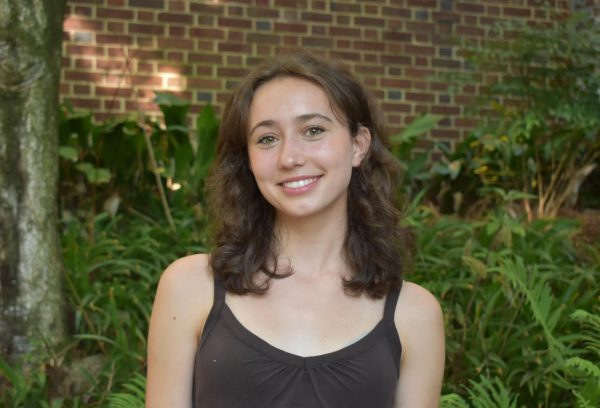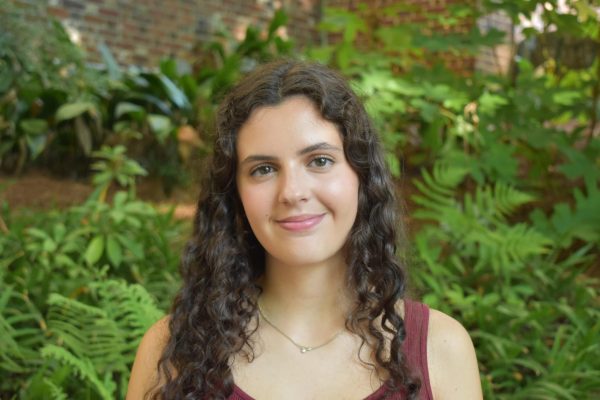With a magnetic, bold energy and a tenacity for life, Yolanda King, or to all of her Grady peers “Yoki,” started her lifelong career as a leader within Grady’s Charles Allen Drive’s brick facade.
“She treated everyone with a great level of respect and possessed a personality that just attracted people to her as a natural leader,”said Malcolm Williams, a graduate of 1972 and close friend of King’s at Grady.
Yolanda King, Martin Luther King Jr.’s eldest daughter, was born two weeks before Rosa Parks refused to give up her seat on a public transit bus in Montgomery, AL. and was raised knowing how to use her voice for the greater good. She passed away from cardiopulmonary problems in Las Vegas at the age of 51 in 2007.
In high school, she paved her own path, serving as the president of her sophomore and junior class, and vice president of her senior class, along with active roles on the student council. Making a name for herself, King was highlighted by world magazines in her teenage years.
“Even though she could have received a lot of attention because she was Martin Luther King’s daughter, building her whole career and personality around it, she chose to just be “Yoki” when she was around us,”Williams said. “She never tried to play celebrity when she was around us because it wasn’t who she was.”
After she lost her father when she was 12, King took on a lot of responsibility at a young age to her family and to the public. When she was 43, she recalled in an interview trying to escape the shadow of her father at times in her youth, paving her own way through leadership and civic action and creating her own identity and name for herself.
“I think when you come up in something, and it’s real pure and genuine, you may try to escape it,” King said. “And, I tried.”
Along with her involvement in school politics, King had strong academics and graduated inthe top 10 percent of her class. She got her BA check AP Style for BA in theater and African-American studies at Smith College and a MFA from New York University. When she wasn’t focusing on her studies, King found a passion for theater.
In her sophomore year at Grady, King appeared in the spring play “The Owl and the Pussycat” where she starred with a white male lead and sparked national controversy. For the most part, her mother sheltered her from the coverage she was getting, and she didn’t fully discover the magnitude till years later.
“I thought it was absolutely ridiculous then,” Williams said. “I think it is absolutely ridiculous now. And, that may have not been the case if she was not MLK’s daughter. No one would have even known she was in the play, let alone, be so critical.”
After college, King continued to use her voice as an artist to make change. She became the co-director with Atallah Shabazz, the daughter of Malcolm X, of NUCLEUS, a troupe of performing artists dedicated to ”promoting positive energy through the arts.” King also co-edited the poem and short story anthology, “Open My Eyes, Open My Soul,” which focused on looking past people’s individual differences to unite for peace.
King additionally worked for social progress as an activist for gay rights and served as director of the King Center’s Cultural Affairs Institute for Nonviolent Social Change.
“She was naturally so down to Earth with a strong sense of humility,” Williams said. “She will always be remembered as a phenomenal, influential person.”



